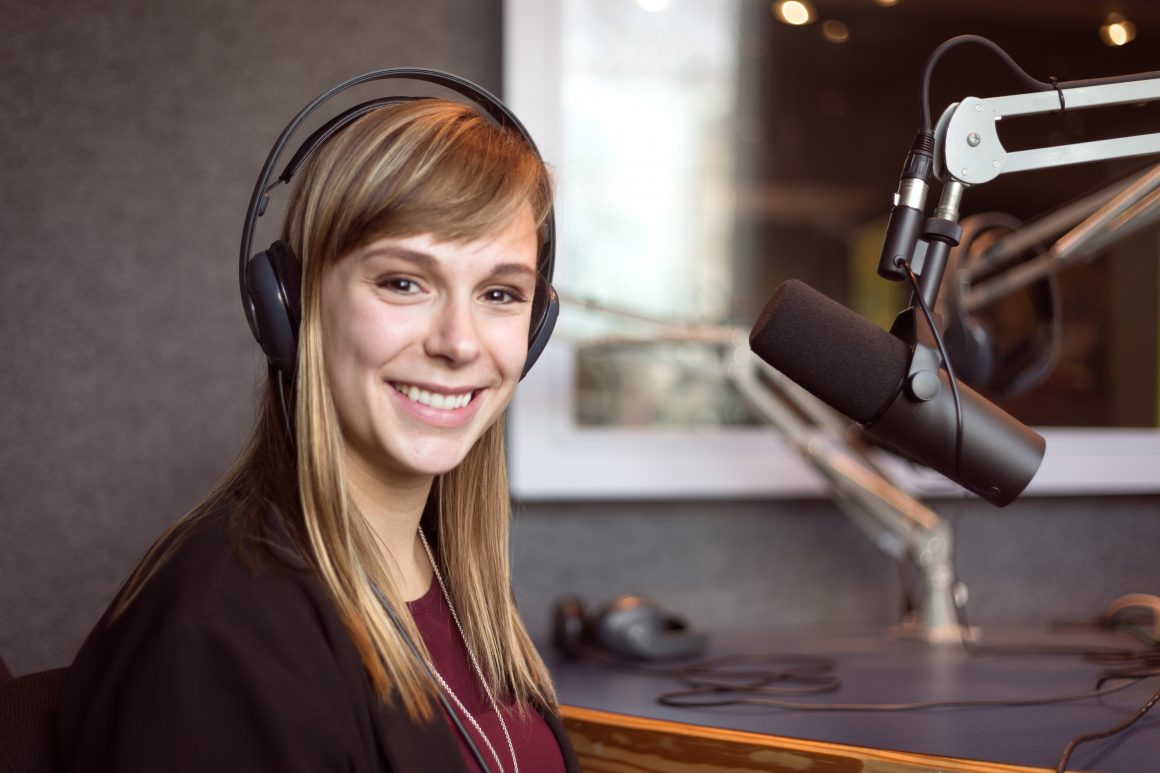
Undergraduate researcher looks at bullying in amateur sports
By Emilie Medland-Marchen, November 29 2016 —
Many adults have had negative experiences from their past that impact their participation in sports. These traumatic experiences often involve instances of bullying or verbal abuse from coaches in a competitive environment.
Lauren Stefaniuk is a third-year undergraduate researcher studying the negative effects of bullying in sport. Under the direction of University of Calgary Kinesiology professor Dr. William Bridel — who specializes in gender in sport culture — Stefaniuk’s findings in analyzing amateur Canadian sport organizations and their bullying guidelines highlight the negative impact of bullying on the health and well-being of everyone involved. The Gauntlet sat down with Stefaniuk to discuss her research.
The Gauntlet: What led you to getting involved in this kind of research?
Lauren Stefaniuk: I was in Dr. Bridel’s class — he teaches sociocultural sport. He’s a qualitative researcher, which is different than a quantitative researcher. Qualitative researchers are really interested in the experience of people’s lives, rather than quantitative which is more values based. I’m definitely more interested in people’s experiences. So, Dr. Bridel’s research and what he was talking about in the class hit me in the heart. I had been bullied in sport before by other people in sport and also neglected by coaches, so kind of both the harassment, abuse and bullying affected me personally. I had a really keen interest in this topic on bullying.
G: What were some of your findings?
S: I found that six organizations — including Skate Canada and Rugby Canada — reference Respect in Sport, which is a Canadian based organization that provides certification and educational programs for topics like harassment, abuse, discrimination and bullying, for both parents and coaches. I watched those programs and found that they were really focused on holistic development of the athlete and ethical leadership [such as] — coaches not abusing their authority position. And then each of them just recognizing what the behaviours are, how bullying can actually be motivated by certain cultural influences that you see every day, such as homophobia, sexism, violence and racism. There wasn’t a huge focus on the cultural, ideological effects of bullying, or even on harassment and abuse, but both Hockey Canada, Rugby Canada and Skate Canada really focused on these ideological roots.
G: It seems like a lot of people in sport have had similar experiences to you. Can you mind reflect on your own experiences as an athlete?
S: I played volleyball at the club level — so not a super high level, but provincially — and there were some people in sport that would use verbal slang to put you down and try to make you motivated to play, which is really not helpful. In the same sport as well, just having a coach completely neglect me as an athlete and not really giving any interest in the way that I was performing in sport or trying to change his coaching methods to the way that I was trying to learn and trying to succeed. Sitting on the bench a lot, it affects your self esteem a lot.
G: Are there any differences between bullying between athletes versus bullying from a coach’s position?
S: Yeah, definitely. Usually a coach bullying an athlete would be considered harassment, because of the huge power differential there. But even within peer-to-peer bullying, there can be a power differential — such as a coach selecting certain players — they would be placing them on a pedestal above other players and they would feel as though they have an ability to use that power differential to try to abuse other athletes or bully them.
G: Do you think those sorts of hierarchies in teams lead to bullying practices?
S: Yeah, personally that’s my idea. We didn’t actually look at the experiences of bullying in sport, but personally I think that not having equal playing time is not allowing the individuals to develop their own self esteem and their own athletic abilities. So there’s going to be this huge differential in skills and confidence levels between athletes. I think it does stimulate a power differential. But even if there was equal playing time, the cultural influences such as homophobia and racism, those are going to be coming from outside of sport and creating power differentials. We need to teach —especially young children — that they need to respect and empathise with people based on these assumed differences that really don’t change a person. They’re all human beings.
G: You mentioned the effects on self esteem. Did you do any specific research on that?
S: Yes, in the literature review I found that a lot of research was saying that they had increased suicide and self harm ideation and attempts. Even cases of post-traumatic stress disorder after this, depression, anxiety — there are so many awful consequences related to bullying that may not arise right after but have long term serious effects on people that have been victimized.
G: Why do you think bullying in sport resonates with so many people and athletes?
S: We see sports in our everyday lives, all the time. And a lot of these professional athletes are acting violently, physically and verbally, definitely abusing their other teammates and opposing teammates. It influences everybody in a different way. A lot of people play sports or do physical activity and in kinesiology we hope people are playing sports and doing physical activity. We want people to be getting all of the positive benefits from sport, but bullying can undermine the positive benefits of sport and a lot of people can end up dropping out if they don’t feel it’s a positive experience.
Edited for clarity and brevity.
